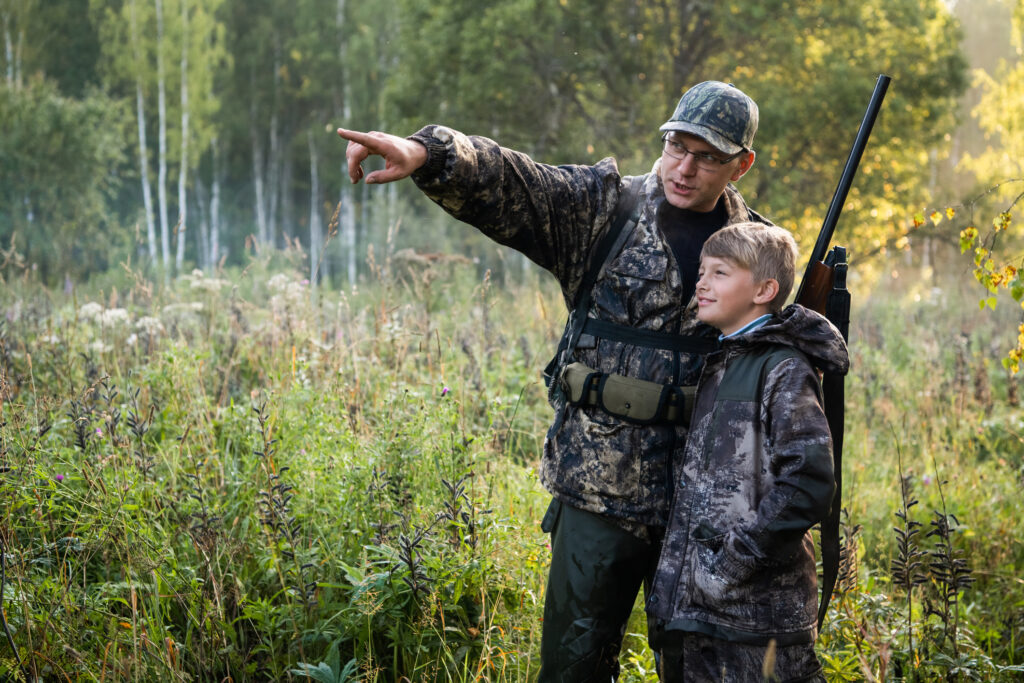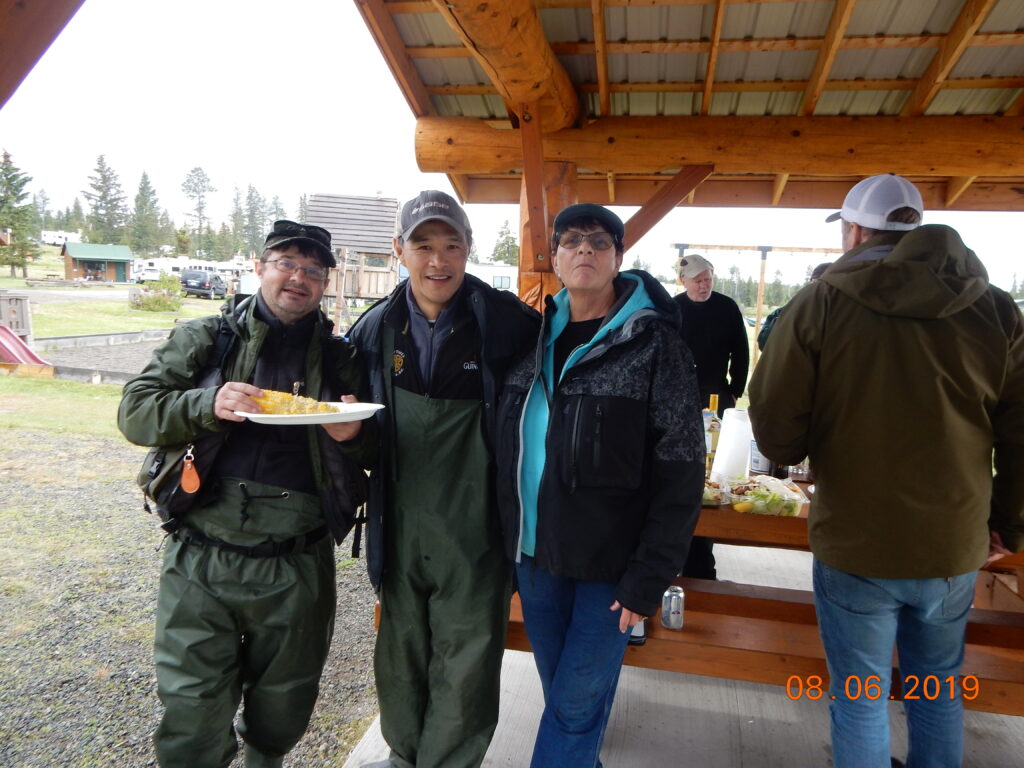
The Federal government has made some poorly thought out amendments to Bill C-21. It appears to be very excessive over-reach that is designed more for political advantage than for public safety. It enjoys little support among law abiding firearms owners.
BCWF has issued a statement on the amendments, copied below:
Canada targets law-abiding Canadians while gang violence sets new records
Amendments to Bill C-21 introduced this week would effectively ban millions of hunting and sporting rifles, in addition to the models already included in the proposed legislation.
“The federal government is laser-focused on regulating firearms that are rarely used in the commission of crimes and punishing Canadians who are the least likely to commit crimes,” said Jesse Zeman, Executive Director of the 44,000-member B.C. Wildlife Federation. “Meanwhile, gang violence and gang related murders are the highest on record since Canada started tracking it in 2005.”
About 74 per cent of gang-related murders are committed with guns, most with a handgun, according to Statistics Canada.
“The government knows that gang-related crime is through the roof, but their proposed regulation targets the wrong people and misleads Canadians about the perpetrators of gun crime,” said Zeman. “Gangsters don’t follow the rules, so more rules are not going to address the problem.”
Bill C-21 was originally introduced by the government to implement a mandatory buyback program for so-called “assault-style” firearms. The original list of affected firearms included more than 2,000 models, the vast majority of which are used for hunting.
Changes proposed this week expand the definition of a prohibited firearm to include semi-automatic rifles and shotguns “designed to accept a detachable cartridge magazine with a capacity greater than five cartridges of the type for which the firearm was originally designed.”
The amendments proposed will affect millions of hunting and sporting firearms, according to the Canadian Coalition for Firearms Rights. Those firearms are worth at least $3 billion, including $1 billion worth of inventory in the hands of small businesses across the country.
Confiscating these lawfully owned firearms will cost Canadians between $1 billion and $5 billion, according to a Fraser Institute study. Plus, it will cost up to $750 million in compensation to legal owners, according to the Parliamentary Budget Office. More than $200 million will be spent to destroy these firearms.
That’s a big investment for a display that experts agree will have little to no impact on crime.
“Banning and buying back rifles that are used for hunting and sport shooting will only affect law-abiding, RCMP-vetted Canadians who rely on wild game to feed their families or enjoy a day at the shooting range,” said Zeman. “In contrast, smugglers are literally using drones to fly illegal handguns across the border to gangs, and the federal government is looking the other way because investing in better border security isn’t in their political interests.”
Licensed owners of firearms are demonstrably less likely to commit a crime than other Canadians. Holders of a Possession and Acquisition License (PAL) are vetted carefully by the RCMP before a license is granted and the list of PAL holders is checked every 24 hours against the identities of people charged with criminal offences.
The “continuous eligibility screening” program is administered by the RCMP to ensure that the owners of legally obtained firearms are not a threat to public safety.
The statistics are clear.
The homicide rate in Canada is 2.12 accused persons per 100,000 adult Canadians. In contrast, between 2000 and 2020, only 1.04 persons were accused of homicide per 100,000 PAL holders, so an adult Canadian who does not hold a PAL is more than twice as likely to be accused of homicide than a PAL holder. In fact, firearms owners are careful to avoid criminal activity because they know that even a minor offense will prevent them from being able to feed their families or enjoy the sport they love.
The BCWF is urging the federal government to properly fund law enforcement agencies to catch and prosecute people who commit criminal offences with firearms and to bolster the Canadian Border Services Agency to stop the flow of illegal handguns across our borders.
More than 90 per cent of gun-related crime in Canada is committed with firearms smuggled from the United States.
Please contact your MP to express your unhappiness with this development. This link will take you to a page that will give you your MPs contact info.
